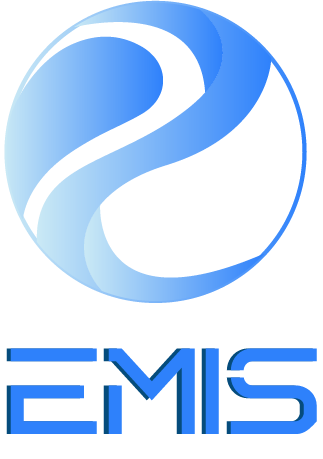About EMIS 2026
2026 5th International Conference on Engineering Management and Information Science
2026 5th International Conference on Engineering Management and Information Science (EMIS 2026) will be held in Shenyang, China, from January 23 to 25, 2026. Building on the strong legacy of its previous editions, EMIS 2026 aims to bring together researchers, industry experts, practitioners, and academics from around the world to explore and discuss the latest research, innovative practices, and emerging trends in engineering management and information science.
As engineering projects and information systems become increasingly complex in today’s fast-evolving technological landscape, EMIS 2026 will provide a vital interdisciplinary platform for knowledge exchange and collaboration. The conference will emphasize bridging theoretical advancements with real-world applications, focusing on solving contemporary challenges in engineering management through novel technologies and data-driven solutions.
The scope of EMIS 2026 encompasses a broad array of topics including project and risk management, advanced data analytics, supply chain and logistics optimization, artificial intelligence and machine learning applications in engineering, digital transformation, sustainable engineering practices, and innovation in information systems design and management. Special attention will be given to sustainability, resilient engineering solutions, and the integration of emerging digital technologies such as IoT, blockchain, and edge computing into engineering management processes.
Continuing the momentum of EMIS 2025’s enhanced focus on practical workshops and interactive sessions, EMIS 2026 will feature cutting-edge hands-on tutorials, panel discussions, and keynote presentations by global thought leaders and pioneers. These sessions aim to deepen participant engagement and facilitate the exchange of actionable insights and forward-thinking strategies. Moreover, the conference will uphold its commitment to inclusivity and diversity, welcoming contributions from multidisciplinary perspectives to foster a richer and more comprehensive discourse.
EMIS 2026 promises to be an inspiring and impactful event that not only advances academic research but also drives innovation and excellence in engineering management and information science practices worldwide. We warmly invite researchers, engineers, managers, and policymakers to join us in Shenyang to share their experiences, present their latest findings, and build collaborative networks that will shape the future of the field.




